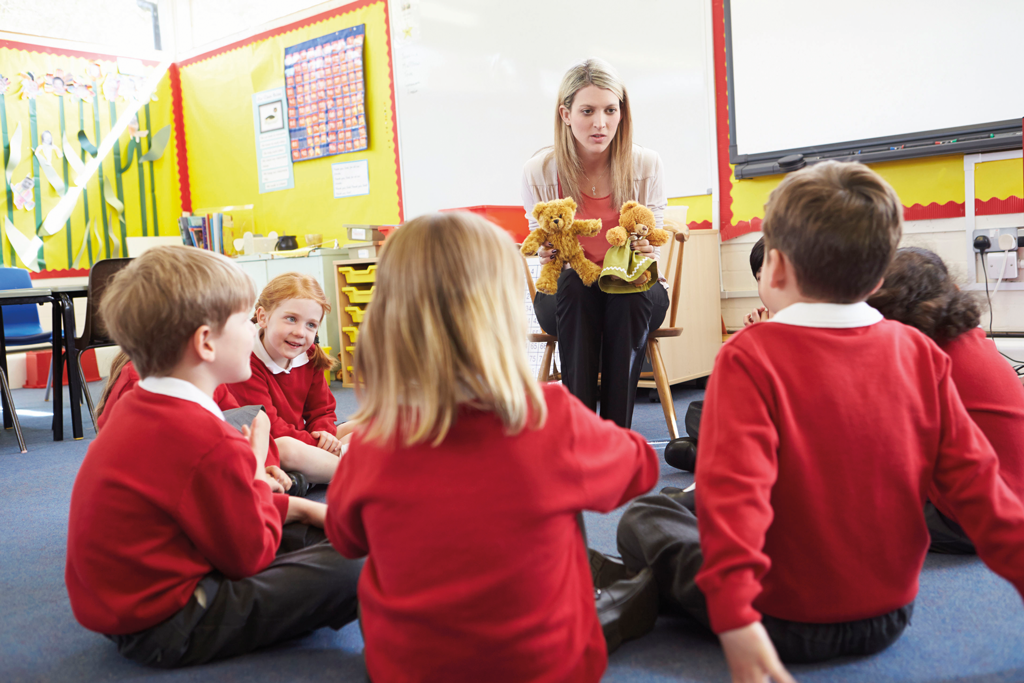GOOD NEWS ON SCHOOLS (4): WISE GUIDANCE ON EXTERNAL GROUPS

The role that external groups might play as they go into schools is one of the worries about the new compulsory Relationships lessons. This is because they are not subject to the same safeguards as our schools. They might not be age appropriate or they might promote ideas which are harmful to children, such as transgenderism.
It is therefore welcome to find in the new Government RSE guidance a section devoted to “using external agencies”. It warns of the dangers, as well as outlining the benefits, of drawing on such groups.
The need for schools to exercise due diligence could not be clearer: “It is important when using external agencies to take particular care that the agency and any materials used are appropriate and in line with your school’s legal duties regarding political impartiality.”
Schools are warned in particular to “forbid the promotion of partisan political views” and ensure pupils are “offered a balanced presentation of opposing views”. Same-sex marriage has been established by a string of legal judgments to be a political view.
Schools are told to exercise “extreme caution” in the use of external groups and only proceed if they have “full confidence” that their approach and resources are “balanced”, “age-appropriate” and compliant with the law and teaching standards.
There are some excellent organisations which provide primary and secondary teaching resources that are supportive of marriage. There is no reason these should be prevented from continuing their important work in schools, not least as schools are required to teach about “the nature of marriage and civil partnership and their importance for family life and the bringing up of children”.
Married couples could offer themselves to schools to talk to children about what it means to be married. There are also potential opportunities for leaders of faith groups. The existing statutory guidance on Relationships and Sex Education tells schools:
“A good understanding of pupils’ faith backgrounds and positive relationships between the school and local faith communities help to create a constructive context for the teaching of these subjects.”
Church leaders, for example, who commonly conduct marriages could offer themselves to schools to help them understand the importance of marriage and even go in school to explain it to children.
The new guidance can be welcomed as providing further safeguards for children as they learn about relationships at school.
